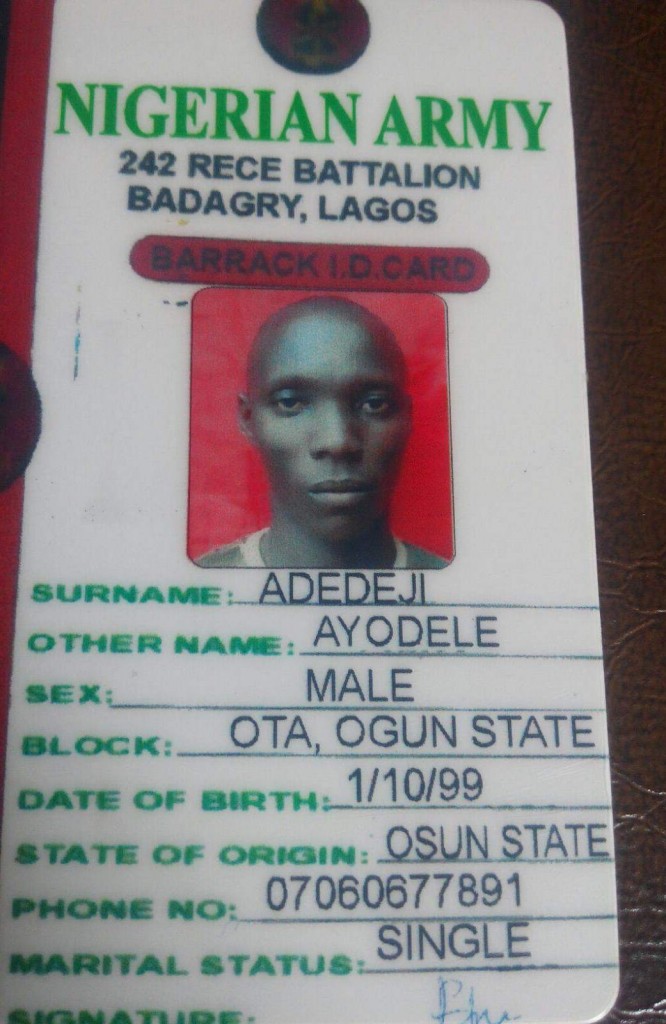


ID checkers should be able to cross-reference the patron’s identification card with the characteristics of a legal identification card. Minors with fake IDs will not always obtain an identification card that is from your business’s state, so it’s important to be familiar with what a legal identification card should look like from all 50 states.Įach state has unique IDs with their own specific characteristics.

Your business should not only be knowledgeable about acceptable identification cards within your own state but also with out-of-state cards. Once you can feel it, you may notice the quality is below state-issued identification cards. Patrons may request that their ID be checked while it’s still in their wallet, which can prevent the person checking IDs from finding discrepancies in the quality of the ID. Most states require tactile security features when creating IDs, which means the ID must be taken out of the wallet. The feel of the ID can also be an indication of fake IDs. It’s also important to check the expiration date, issue date, height and weight, and the photograph. The first and most common identifier to check on an ID is the patron’s date of birth. No matter the type of ID a business is dealing with, ID checkers must always look for several key identifiers. Some bouncers and store clerks may feel they can easily tell a fake ID just from looking at the patron, but even the most seasoned bouncer or store clerk can make mistakes at identifying a fake identification card.Īcceptable forms of ID required to purchase alcohol typically include a state driver’s license, a military ID card, or a passport.

For many businesses, determining how to spot a fake ID is an ongoing struggle.įortunately, with the right technology in place, it doesn’t have to be difficult to pinpoint fake IDs. After multiple offenses, the establishment can lose its liquor license, and employees that don’t properly check IDs may be subject to felony charges. If a business is found to have not checked an ID and served alcohol to a minor, an investigation may take place to determine if the establishment took necessary steps to avoid the sale.ĭepending on your state, the consequences could lead to hefty fines. This responsibility doesn’t just weigh over the business owners, but also the employees, such as bartenders, servers, bouncers, store clerks, etc. For business owners or employees that are required to frequently check IDs, including military ID cards, the fallout of accepting fake IDs can lead to harsh ramifications.Įvery business is required by law to check the ID of anyone purchasing alcohol or entering an age-restricted venue. Today, it’s a relatively simple and quick process for college students or any minors to purchase fake IDs on the internet.


 0 kommentar(er)
0 kommentar(er)
